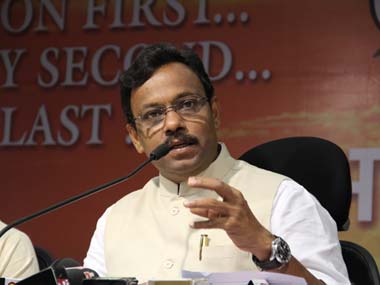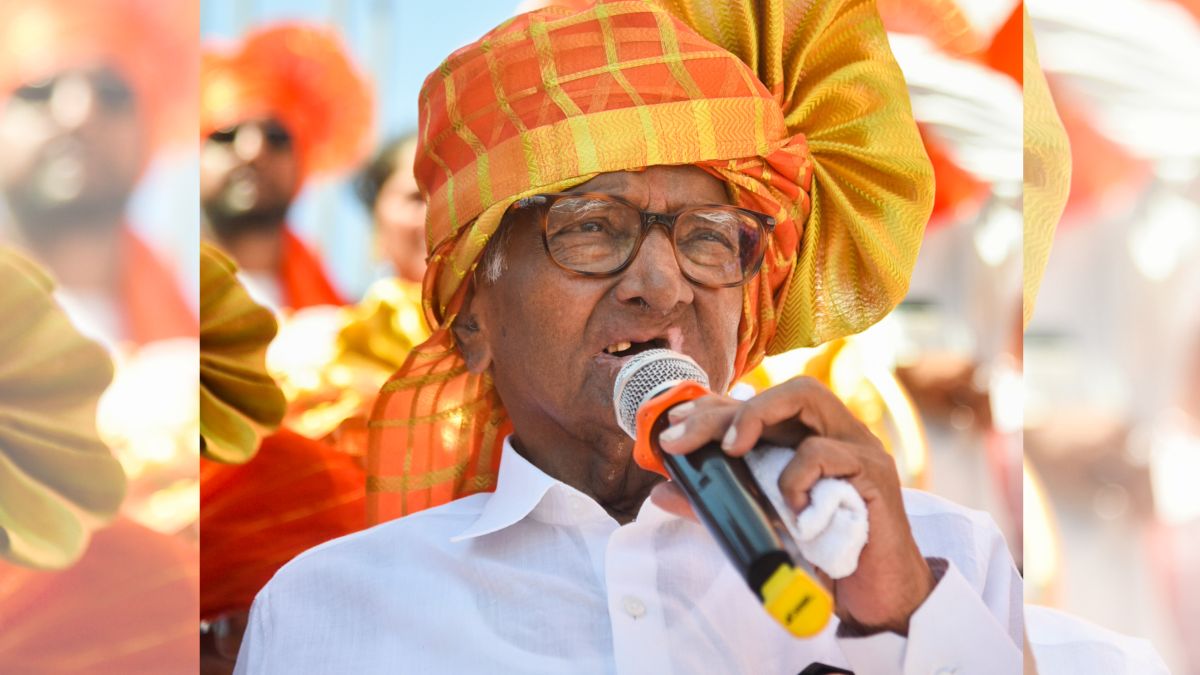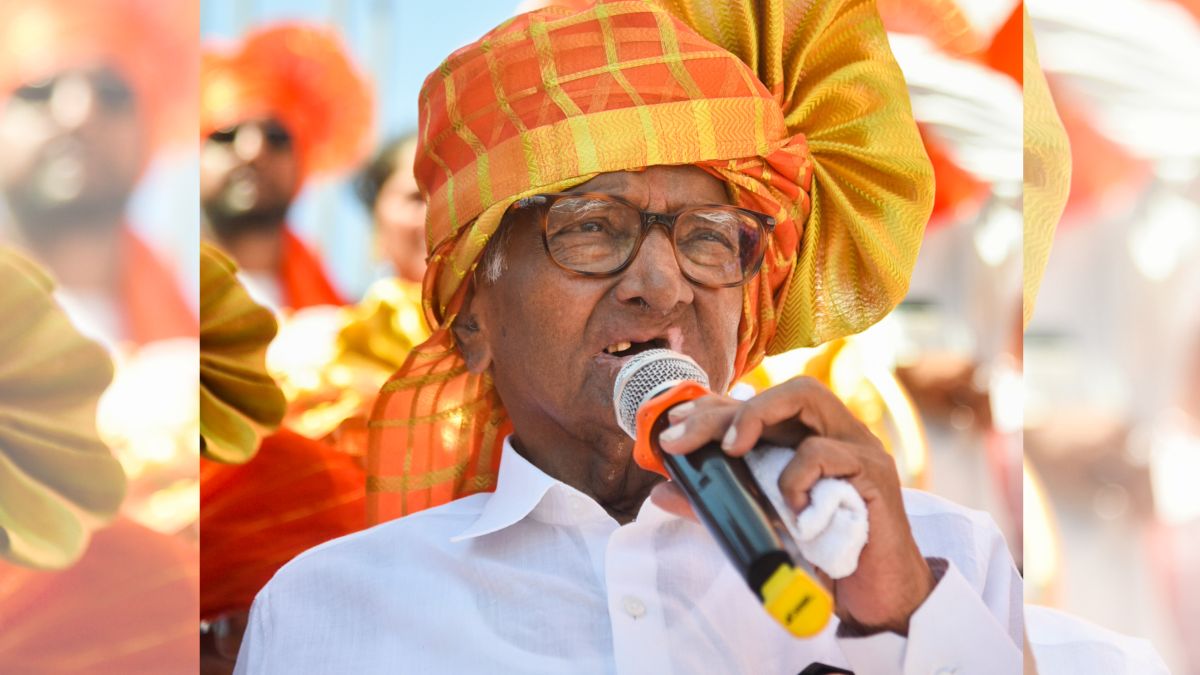Nagpur: On Thursday, the Maharashtra Assembly passed the Maharashtra Universities Act, seen as a major reform in the state’s higher education sector. The Act would allow universities to conduct Board of Studies (BoS) elections, which were held up by the government for the past one-and-a-half years.
The amended bill was tabled by State Education Minister Vinod Tawde in the House. He said, the bill was passed by a joint panel of 25 legislators from both Houses after making as many as 56 amendments. The panel also comprised two former education ministers, college owners and experts from various fields.
Deliberating on the new amendments, the Minister said the changes are aimed at extending maximum benefits to the students.
He said now BoS will also have a merit rank holder in the respective faculty examinations as one of the members.
“So far only senior members were allowed to run the BoS. But the introduction of fresh faces would make it a complete body,” said the minister.
The minister added that earlier, students pursuing sports had to skip examinations if they were busy with various games. “Now, the universities can conduct separate exams for them, thus saving their precious academic year,” said Tawde.
The same is applicable for handicapped students coming under Divyang (handicapped) category, he added.
Even a choice-based credit system (CBCS) would be made flexible so that Arts stream student could study subjects like Biochemistry," he said.
Speaking to Firstpost, Tawde said that the changes will benefit students. “The new amendments are student oriented.” The new act replaces Maharashtra Universities Act, 1994, and all universities will conduct the elections of BoS. “The new law will boost the higher education sector,” he added.
NCP MLA and former youth wing president Jitendra Awhad welcomed the new act. He said, “This is the need of the hour. It will help all the current representatives who are interested in college elections. Till now only elder members were allowed to run BoS but the new amendments will bring fresh faces in the election.”
Former Senate member and MNVS Vice President Sudhakar Tamboli said that due to this long pending act many policy decisions were delayed. He said, “We welcome the decision to start college election, it will give the country new leaders.”
Former Senate member and Yuva Sena office bearer Pradip Sawant told Firstpost that after six years the act passed in state legislature. “Now the Act implementation must start fast. If the rule book is applied strictly then the corruption and mismanagement in the universities can come forward. We welcome the move of elections in universities. Now the universities can conduct separate exams, and save an academic year.
The highlights of the Act are: Structured governance through a board of deans and directors in-charge of various subjects, restarting the students’ council elections which were banned in 1994 due to the death of a student, introduction of choice-based credit system for students, a disputes redressal system for students and a fee-fixation committee. The bill won’t be applicable to the medical and agriculture universities.
The Act states that each university will now be governed by the vice-chancellor, pro-vice chancellor, deans of faculties and seven directors. Besides, there will be a registrar, finance and accounts officer and director of sub-campuses of the university.
Under the new Act , a new system has been set up to grant permission to new colleges. It will offer a letter of intent for the first year during which the colleges will have to complete infrastructure building and creation of facilities. After the new college has been scrutinised for facilities, the university will then grant permission to run such colleges. The Act stresses on setting up of equal opportunity cell for divyang students and setting up of a Vishakha cell to redress complaints of sexual harassment of women. A proposal has also been made to make compulsory mercantile (double entry) accounting system to bring transparency. To prevent profiteering by unaided institutions affiliated to universities, the Act proposes to set up special committee to determine fees and a regulatory mechanism at the state-level.
While the students have better representation under the new Act, a report by The Indian Express points out that other stakeholders — teachers and management — feel that their democratic representation has been curtailed. The composition of statutory bodies has remained more or less the same but while the Act has added two new posts for representatives of colleges in the Senate and one in the academic council, the proportion of nominated members has increased. Now there will be at least 71 members in the Senate and half of them will be elected representatives.
This has left teachers’ unions and former senate members disappointed.
With inputs from Sanjay Sawant and agencies


)




)
)
)
)
)
)
)
)